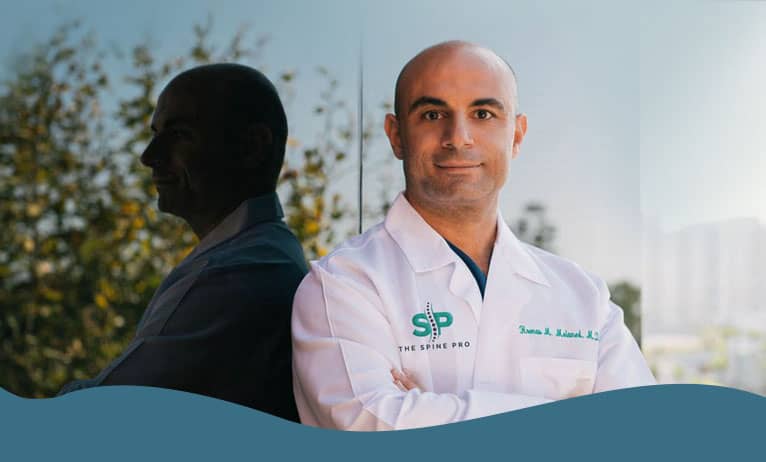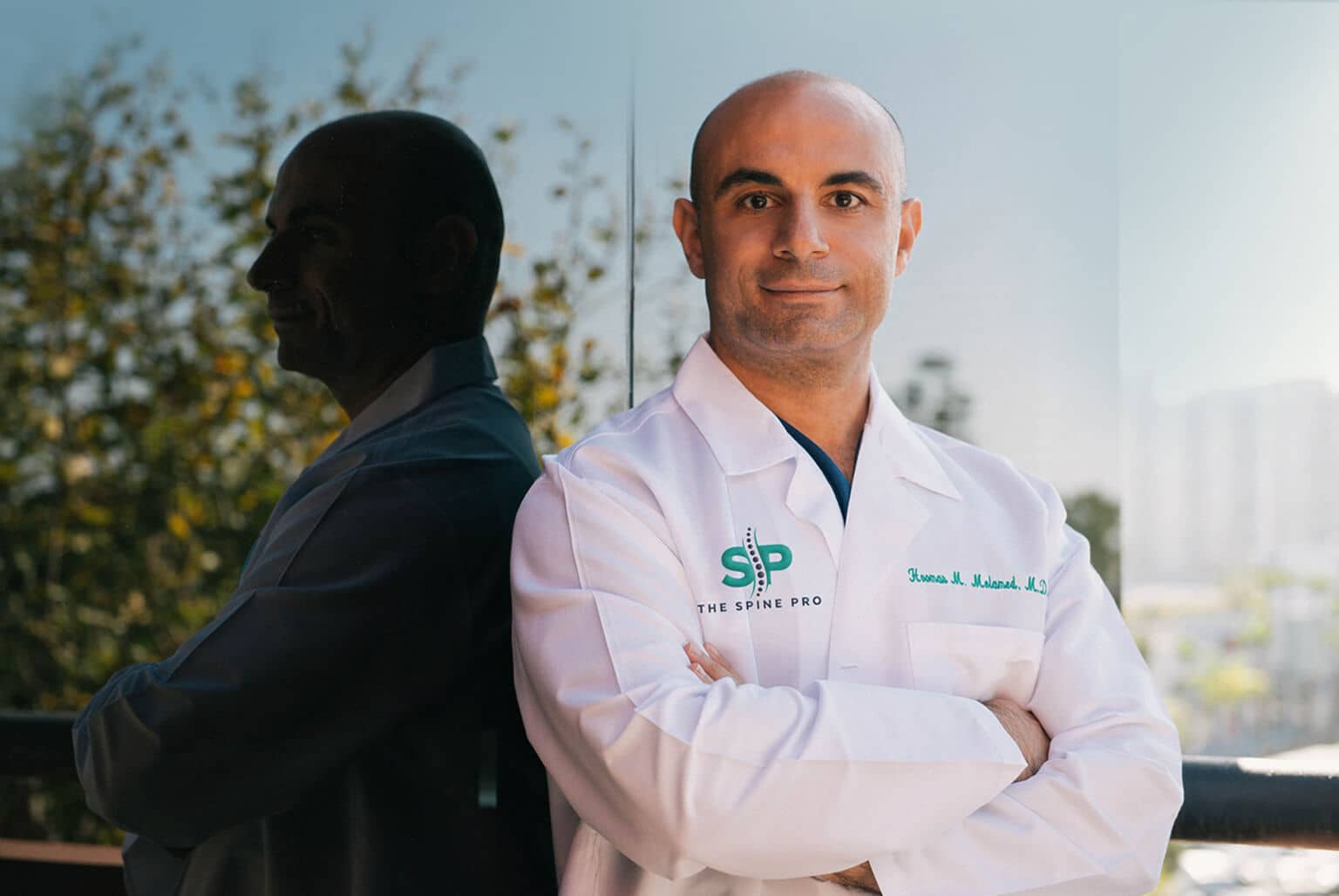Groundbreaking DNA Test May Solve Opioid Addiction Crisis
The United States is in the midst of a deadly opioid overdose epidemic. According to the Center for Disease Control and Prevention, opioids (including prescription opioids and heroin) were responsible for over 33,000 deaths in 2015. As the number of opioid overdose deaths continues to rise, doctors are exploring a new DNA test which can assess if you are genetically inclined to be an addict.
Board certified orthopedic spine surgeon Dr. Hooman Melamed appeared on Fox & Friends to discuss opioid addiction and the revolutionary PROOVE opioid addiction test. Through a questionnaire and simple DNA mouth swab, the PROOVE test is able to determine a patient’s risk of developing an opioid addiction and abuse of narcotic medication. Additionally, the PROOVE test results are able to show which medications and the optimal dosage of medication a patient should receive.
An advocate for the PROOVE test and its benefits, Dr. Melamed believes it is important that patients know that prescribed narcotic medications are only short-term solutions for pain. By PROOVE testing each of his patients before a spine surgery, he is able to properly prescribe medications and dosages that will minimize the risk of his patients to develop an opioid addiction. For patients with a greater genetic risk of developing an opioid addiction, Dr. Melamed is especially careful in reducing the type and amount of medications he prescribes those patients.
Why Don’t More Doctors Use The PROOVE Opioid Risk Test?
Dr. Melamed addresses that there are several reasons why the PROOVE test is not more widely used. First, it is not taught in residency schools or medical schools. Doctors must be innovative, seek solutions outside of traditional pain protocol, and educate themselves on this test. As well, Dr. Melamed acknowledges that unfortunately, some unethical doctors may want their patients to be addicted to opioids, because addicted patients will continue to return for additional prescriptions.
For the full story, view the episode clip here!






